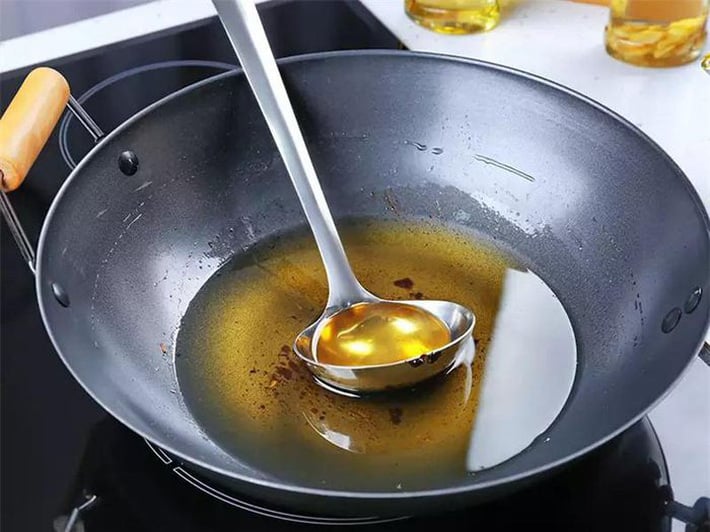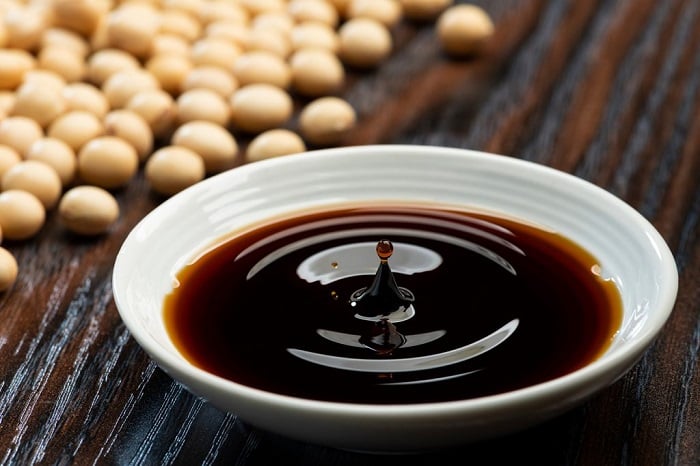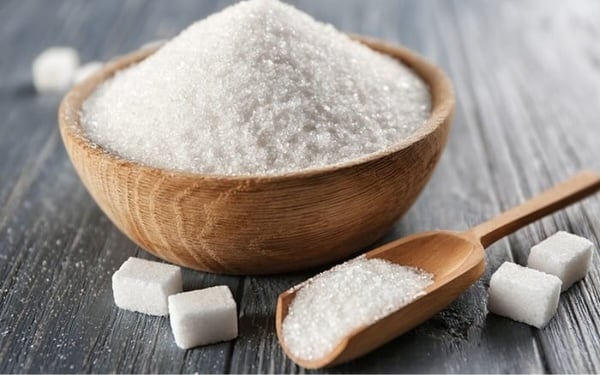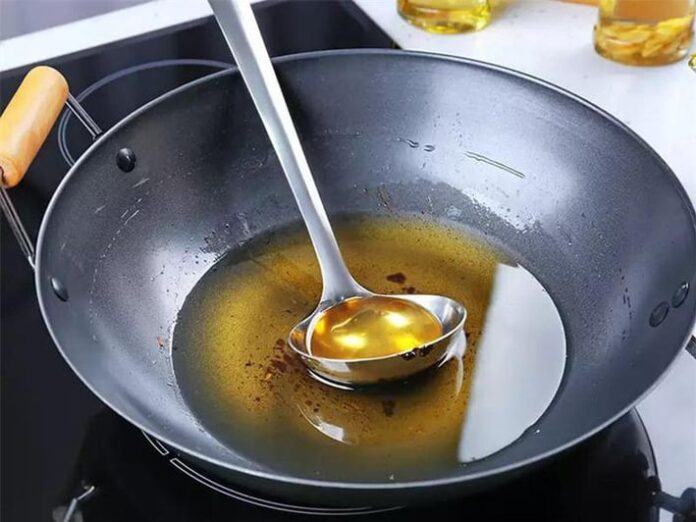The liver plays a pivotal role in maintaining overall human health, performing a myriad of vital functions, both endocrine and exocrine. Beyond its well-known role in detoxification, the liver is also integral to nutrient metabolism, blood, glucose, and vitamin storage, and bile production. However, this vital organ is susceptible to damage from seemingly harmless daily habits, especially those related to diet.
Among the myriad of factors that can harm the liver, alcohol often takes center stage as a primary culprit. Yet, lurking in our very own kitchens are hidden dangers that may inadvertently strain this vital organ. Common spices and condiments, when used excessively, can exert significant pressure on the liver, leading to damage or the development of serious conditions that often go unrecognized.
Cooking Oil
Cooking oil is ubiquitous in our kitchens, but its excessive or improper use can severely damage the liver – the primary organ responsible for fat metabolism. Overconsumption of oily and fried foods places immense pressure on the liver, leading to overwork and potential fat accumulation, resulting in conditions like fatty liver disease, hepatitis, and even cirrhosis.

The excessive use of cooking oil can strain the liver and lead to serious health issues.
The risk of liver damage increases when oil is improperly stored or used. For instance, oil that has been stored for extended periods or exposed to unfavorable conditions may undergo oxidation, generating free radicals and lipid peroxides, which cause liver inflammation and cellular damage. More alarmingly, degraded oil may contain aflatoxin, an extremely potent liver carcinogen, even in minute quantities. Furthermore, reusing oil for frying at high temperatures can produce harmful compounds like acrolein and acrylamide, exacerbating the risk of liver dysfunction, toxicity, and cancer.
To safeguard your liver, it’s prudent to limit the consumption of oily and fried foods. Cooking oil, once opened, should be used within 1-3 months, and it’s essential to avoid oil that has discolored or developed an odd odor, even if it’s still within its expiration date. Most importantly, minimize the practice of reusing cooking oil, especially for high-temperature frying, to reduce the potential harm to your liver.
Soy Sauce
Soy sauce, a staple condiment in Vietnamese cuisine, lends a savory touch to our meals. However, its excessive consumption can have detrimental effects on health, particularly the liver.

Overconsumption of soy sauce may negatively impact liver health.
Soy sauce is produced through soybean fermentation, a process that can generate amoni nitrite, a known carcinogen. As the liver is the primary organ responsible for detoxifying our bodies, it bears the brunt of this toxic compound. While the body recognizes amoni nitrite as a toxin and attempts to transport it to the liver for elimination, excessive soy sauce intake means the liver is exposed to higher levels of this harmful substance.
This can disrupt and inhibit liver cell division, leading to gradual liver damage over time. Prolonged exposure may result in liver scarring, severe functional impairment, and an elevated risk of developing serious liver diseases.
Sugar
Sugar, while a common ingredient in our diets, can wreak havoc on multiple organs, including the liver, even in the absence of alcohol consumption. Excessive sugar intake has been scientifically linked to non-alcoholic fatty liver disease.

High sugar consumption contributes to liver damage and increases the risk of diabetes.
A sugar-laden diet not only contributes to weight gain and obesity but also adversely affects liver function. This can trigger liver inflammation, a precursor to potential liver cancer. It’s not just sugar in its raw form that’s concerning; sugary fruits and beverages can also take a toll on your liver.
Most excess sugar is converted into fat for storage in the body. Prolonged accumulation can lead to serious conditions like fatty liver disease, cirrhosis, and even liver cancer. Therefore, it’s crucial to monitor your daily sugar intake to protect your liver’s health.






































